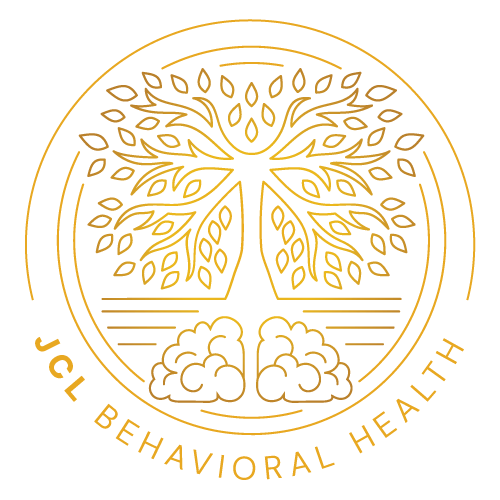Anxiety Disorders
- Home
- Anxiety Disorders
Anxiety disorders are among the most common mental health conditions, affecting millions of people worldwide. These disorders involve excessive fear or anxiety and related behavioral disturbances. Types of anxiety disorders include Generalized Anxiety Disorder (GAD), Panic Disorder, Social Anxiety Disorder, Specific Phobias, and others. Each type has distinct characteristics but shares the core feature of excessive, uncontrollable worry or fear that impairs daily functioning.

Symptoms
Generalized Anxiety Disorder (GAD)
Persistent and excessive worry about various aspects of life, restlessness, feeling keyed up or on edge, being easily fatigued, difficulty concentrating, irritability, muscle tension, and sleep disturbances.
Panic Disorder
Recurrent unexpected panic attacks, which are sudden periods of intense fear or discomfort accompanied by physical symptoms such as palpitations, sweating, trembling, shortness of breath, chest pain, nausea, dizziness, chills, or hot flashes. Individuals may develop a fear of future attacks (anticipatory anxiety) and change their behavior to avoid triggering attacks.
Social Anxiety Disorder
Intense fear of social or performance situations where one might be scrutinized by others. Symptoms include fear of embarrassment, avoidance of social interactions, physical symptoms like blushing, sweating, trembling, nausea, or difficulty speaking.
Specific Phobias
Intense fear of a specific object or situation, such as heights, flying, spiders, or needles. This fear leads to avoidance behavior and can cause significant distress and impairment.
Obsessive-Compulsive Disorder (OCD)
Characterized by obsessions (persistent, unwanted thoughts) and compulsions (repetitive behaviors or mental acts performed to reduce anxiety). Common obsessions include fears of contamination, harming others, or doubts about safety, while compulsions may involve cleaning, checking, counting, or arranging objects.
Treatment Approaches
Cognitive Behavioral Therapy (CBT)
CBT is the gold standard for treating anxiety disorders. It focuses on identifying and challenging negative thought patterns and behaviors. Techniques such as exposure therapy (gradual exposure to feared situations) and cognitive restructuring (changing negative thoughts) are commonly used.
Medication
Selective serotonin reuptake inhibitors (SSRIs) and serotonin-norepinephrine reuptake inhibitors (SNRIs) are often prescribed for anxiety disorders. Benzodiazepines may be used for short-term relief of severe anxiety symptoms, but they carry a risk of dependence.
Mindfulness and Relaxation Techniques
Practices such as mindfulness meditation, progressive muscle relaxation, and deep-breathing exercises help reduce anxiety by promoting relaxation and present-moment awareness.
How We Can Help
JCL Behavioral Health offers a comprehensive range of services for anxiety disorders, including thorough diagnostic assessments to identify the specific type of anxiety disorder and its severity. Our experienced clinicians provide individualized treatment plans incorporating CBT, medication management, and mindfulness training. We offer individual and group therapy sessions to help patients learn coping strategies, reduce symptoms, and improve their quality of life. Additionally, we provide psychoeducation for patients and their families to better understand anxiety disorders and their treatment.

Copyright ©2024 JCL Healthcare, All rights reserved. Powered by DeVops Align


